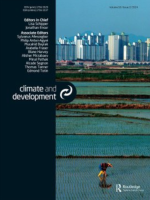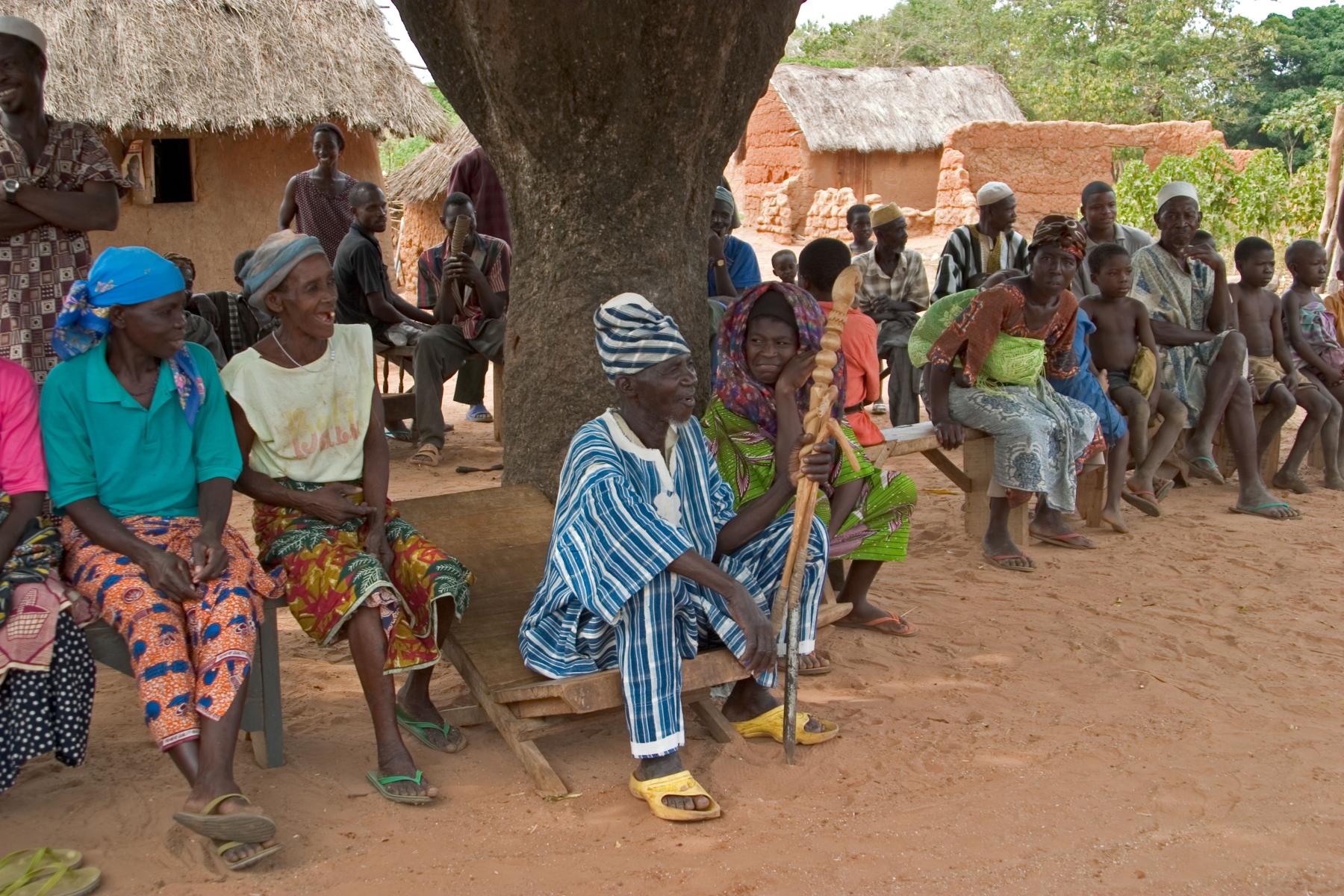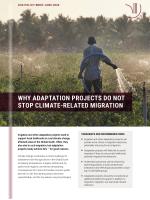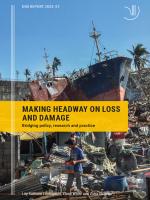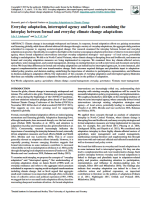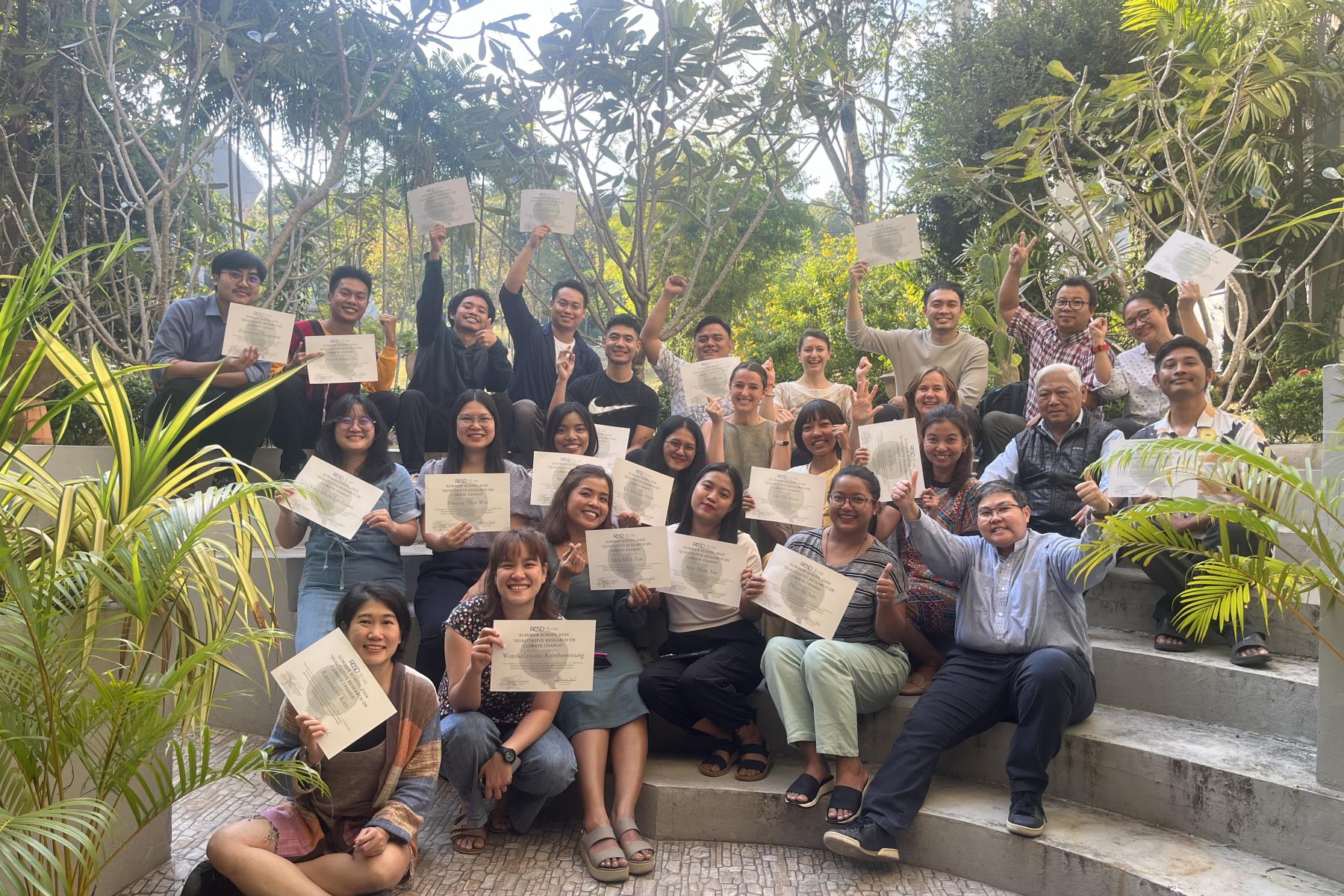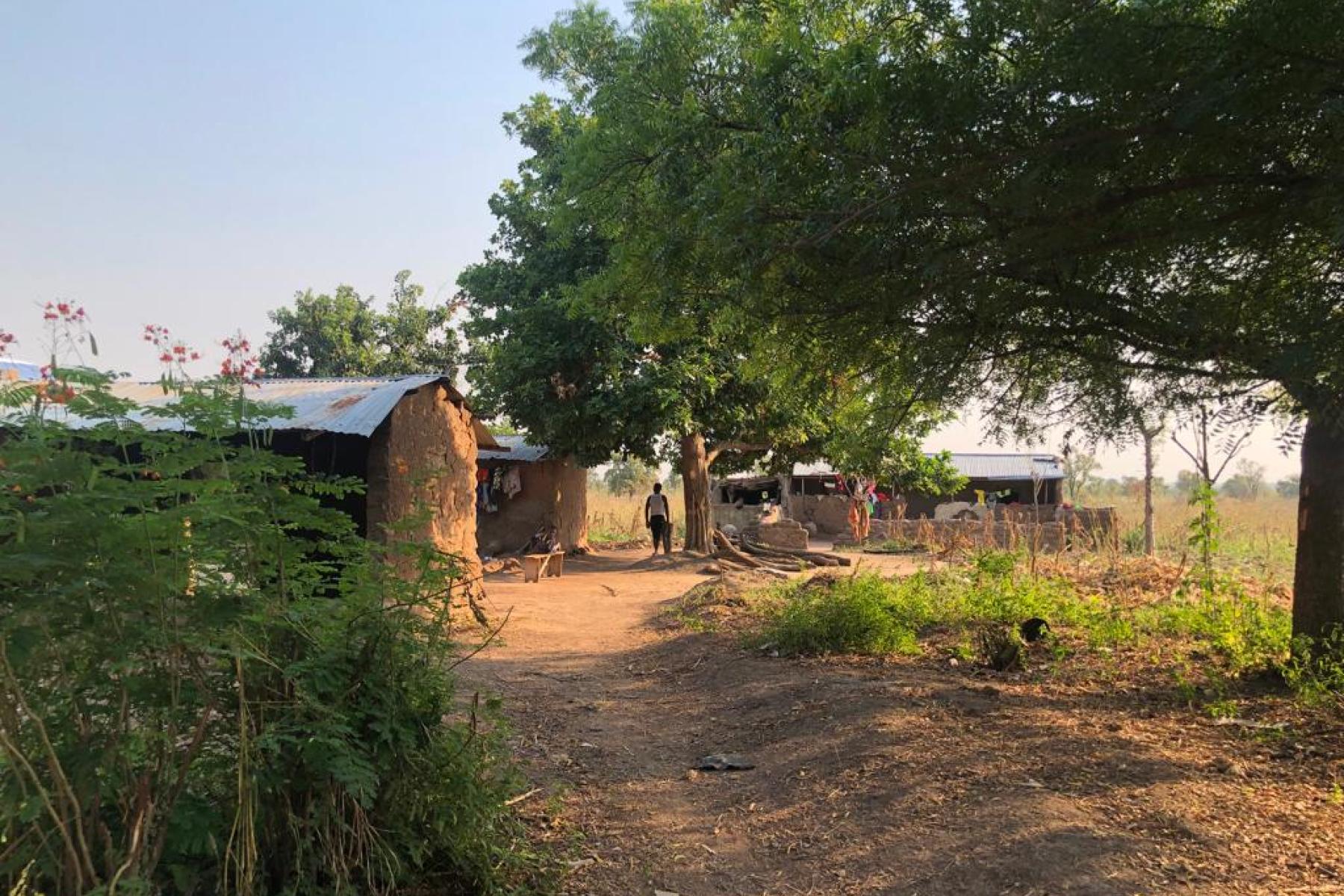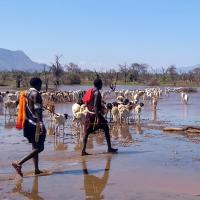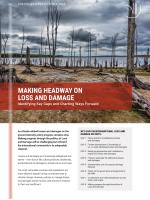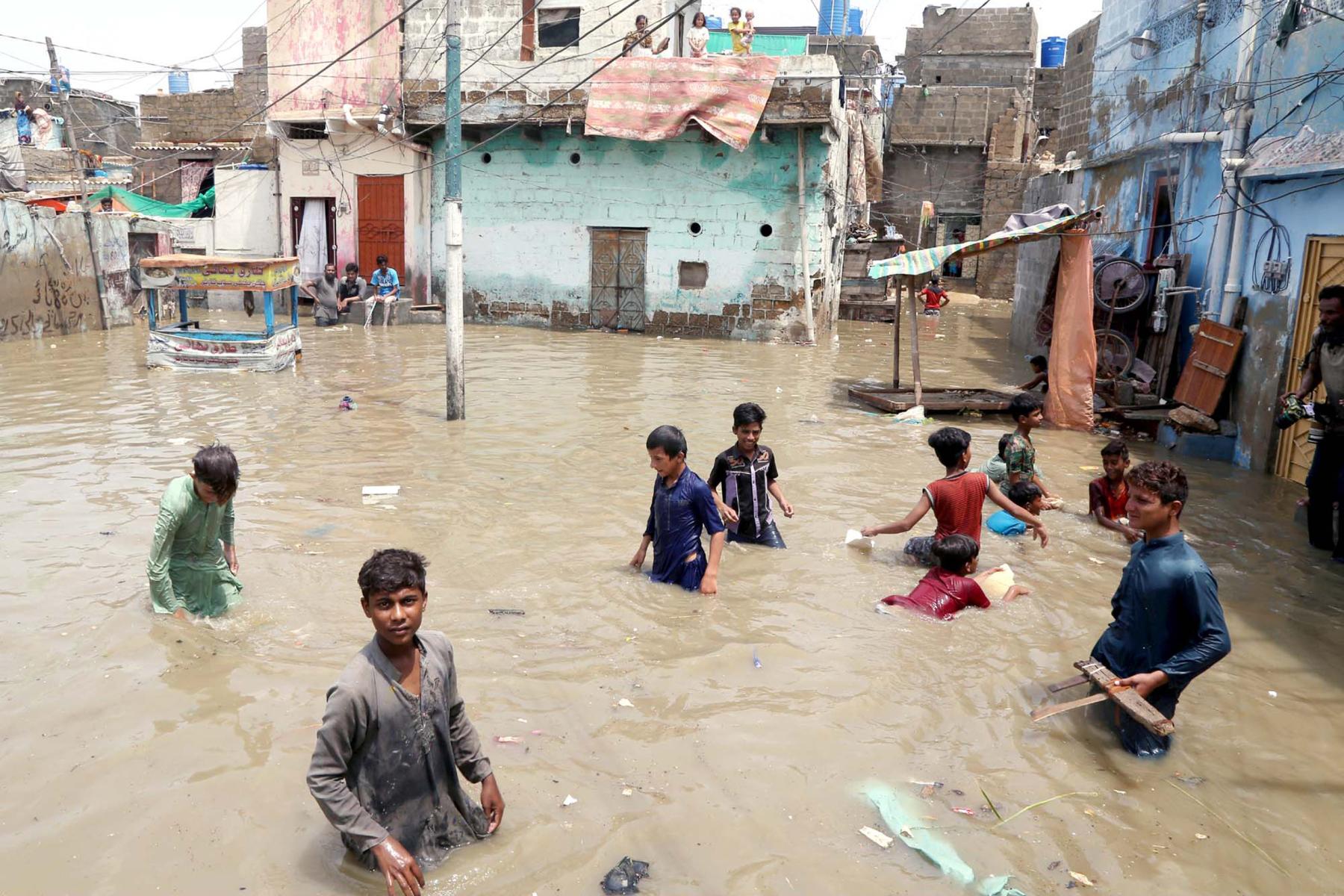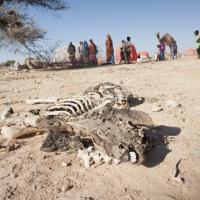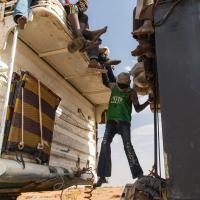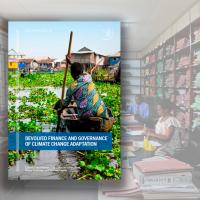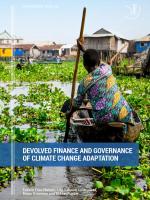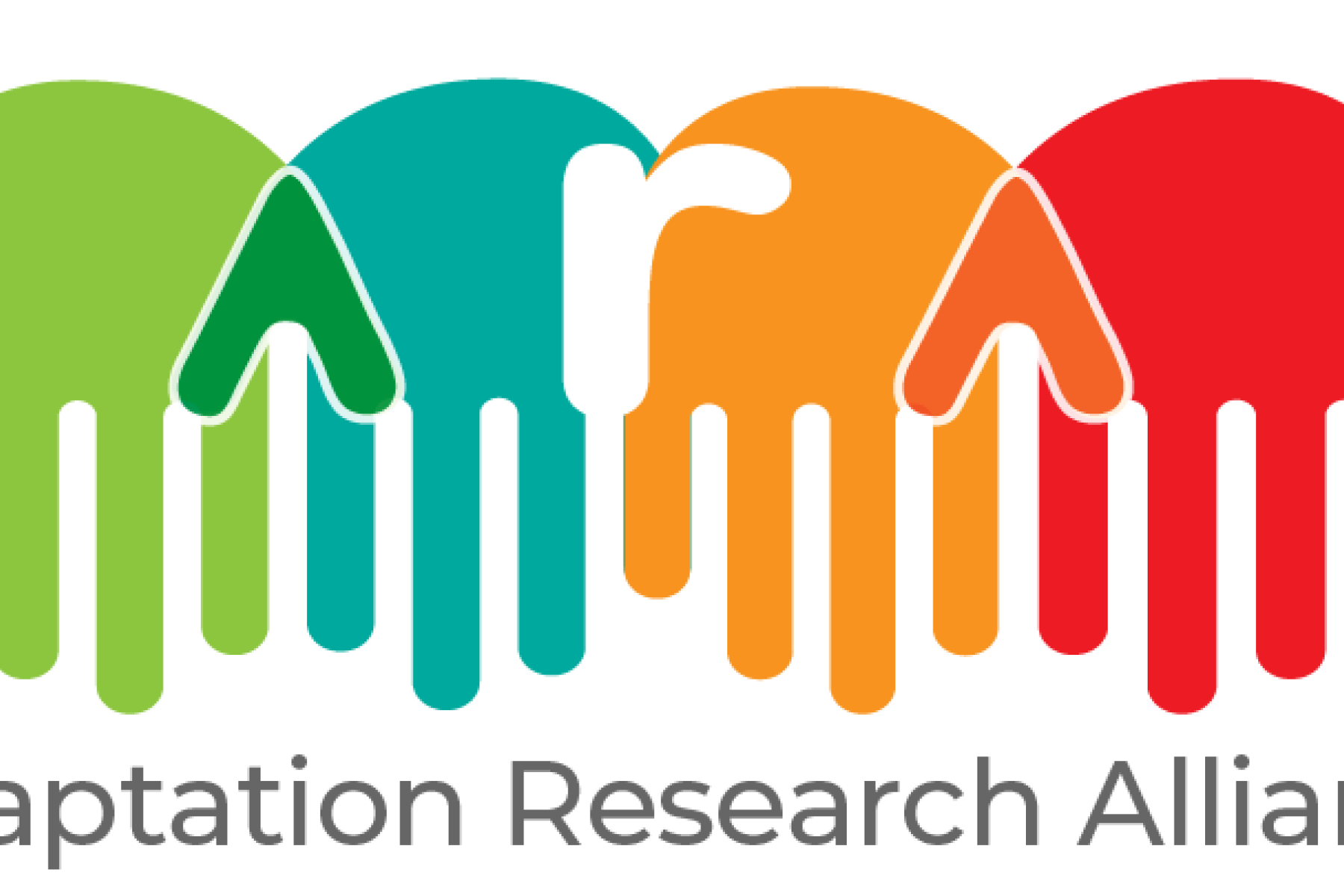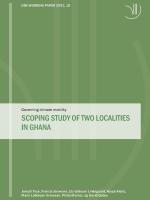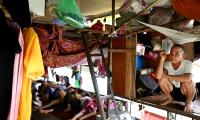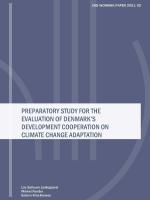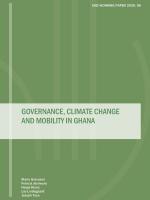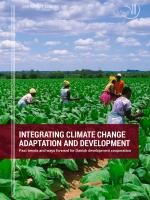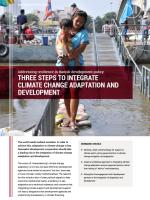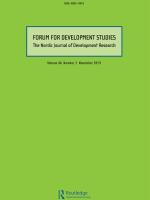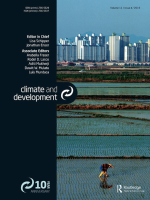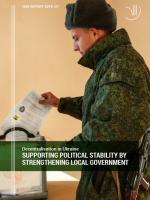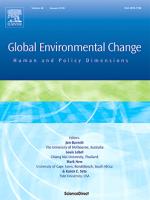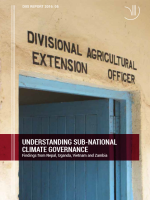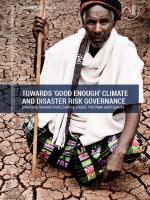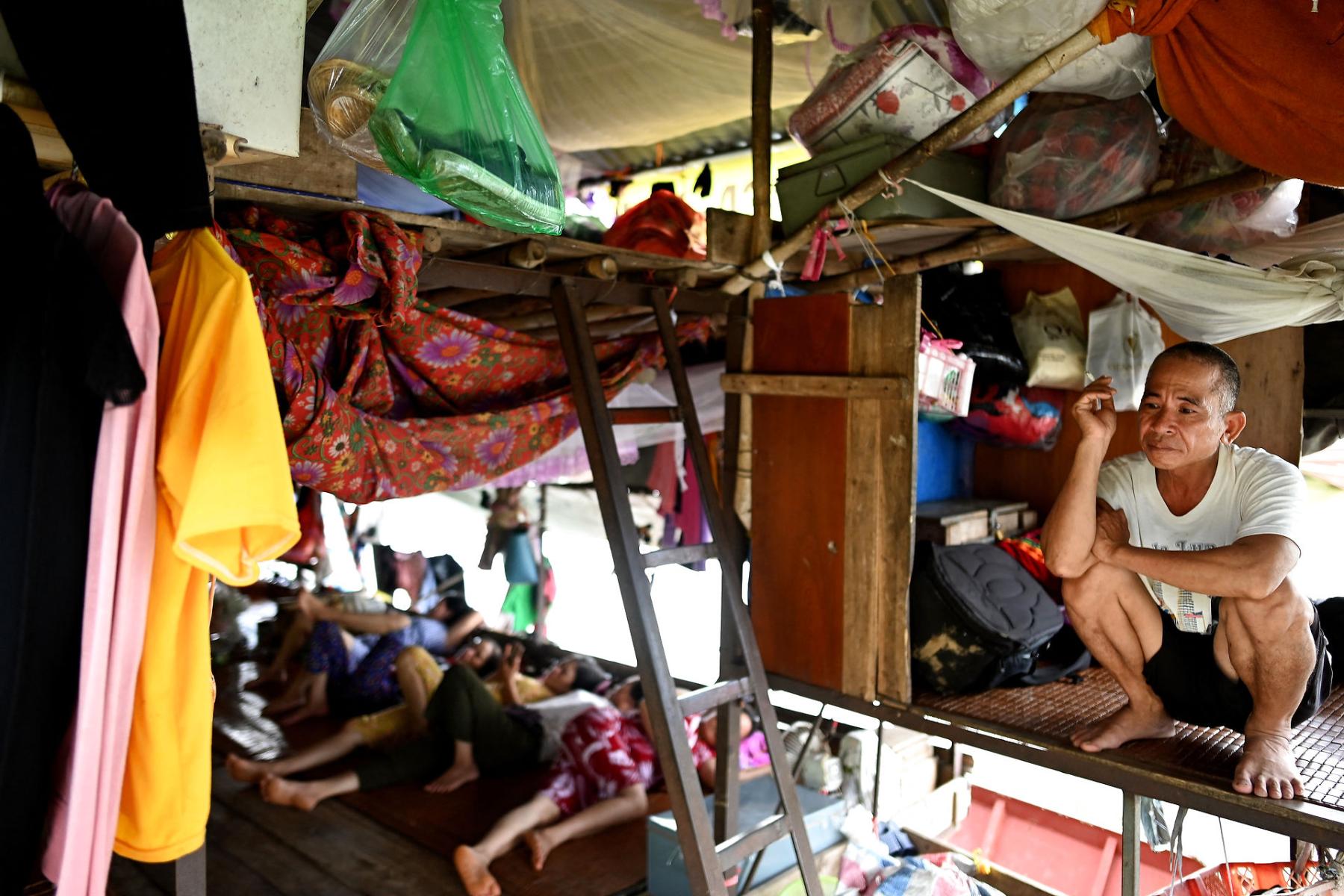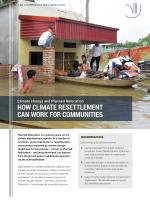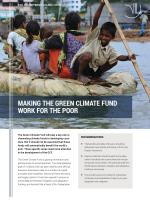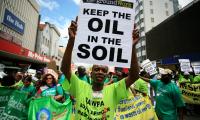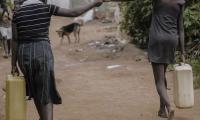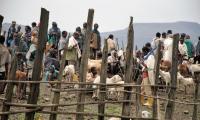Lily Salloum Lindegaard
Primary research areas
Lily Salloum Lindegaard’s research focuses on the politics and governance of climate change impacts and response. She studies how these intersect with other major socio-economic and political dynamics, for instance development, inequality, human mobility, and state-society relations. Her work often takes a historical approach and considers dynamics across scales of governance.
Current research
By examining the linkages between these major dynamics – and how they are felt on the ground, particularly in the global South – Lily’s work provides a critical perspective on global development and climate response as well as policy insight. In addition to the specific research programs and policy studies described below, Lily is working on themes of transformational responses to climate change, climate-related loss and damage, adaptation, climate-related mobility and shifting governance arrangements.
Research programs
Lily Salloum Lindegaard is the coordinator of the upcoming research program TRANS-AG (2024-2028) (Governing TRANSformation of Agricultural Systems), a collaborative effort between DIIS, Hue University of Agriculture and Forestry, and the Section for Geography at the University of Copenhagen. TRANS-AG analyses the role of governance in shaping ‘transformational change’, or fundamental system change, and their outcomes in agricultural systems in Vietnam. As environmental challenges mount globally, transformational change will be necessary in many socio-environmental systems and sectors. The TRANS-AG project will provide valuable new theoretical and policy insights on the role of governance and politics in facilitating socially inclusive and environmentally sustainable transformation.
Lily is also co-founder of the ‘Governing Climate Mobility’ research program (2019-2024), which examines climate-related mobility and immobility in Ethiopia and Ghana. The program takes a novel approach to climate-related mobility by focusing on the role of governance factors. Specifically, it examines how governance contexts and interventions (1) shape how climate change impacts locally and (2) how (im)mobility is practiced in response. In addition, the program provides a valuable contribution to understanding mobility in relation to slow-onset climate change. This remains under-researched in comparison with mobility linked to sudden onset climate events such as floods and storms, despite slow-onset changes affecting more people globally.
In addition, Lily contributes to the 'MyClimate' research program on climate, conflict and peacebuilding in Myanmar.
Policy studies
Lily’s recent and ongoing policy work includes studies on:
- Displacement, climate change and social cohesion: Exploring loss and damage dynamics – Climate displacement is increasing, yet potential non-economic losses, including social cohesion, are not well understood. This DIIS & Red Cross study provides an exploratory assessment in Ghana and Niger with insights for policy, research and practice.
- Climate-related loss and damage – The study provides a cross-cutting assessment of loss and damage in research, policy and practice. It identifies gaps and ways forward in Loss and Damage policy, with focus on UNFCCC processes, towards COP27 and beyond.
- Climate and inequality – The study examines the interlinkages between climate change and inequality, globally and in-country, with attention to considerations for Danish development aid. It takes up themes of inequality in mitigation, adaptation, global agreements and negotiations, climate finance, and the intersection of climate change with existing mechanisms of inequality and marginalization.
- Devolved climate finance to adaptation – The study examines international trends and approaches to devolved climate finance as well as the state of devolved adaptation finance within Danish climate finance.
